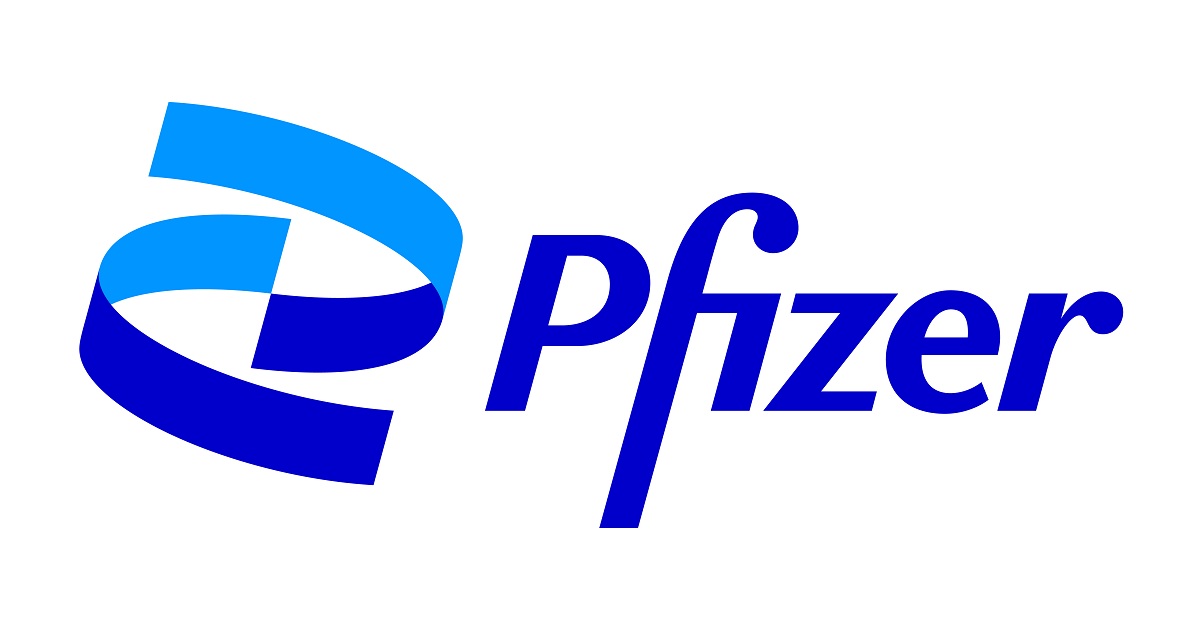Pfizer and BioNTech Announce a Partnership with Biovac to Develop and Distribute COVID-19 Vaccine Doses in Africa

Pfizer Inc. and BioNTech SE today announced the signing of a letter of intent with The Biovac Institute (Pty) Ltd, also known as "Biovac," a South African biopharmaceutical business headquartered in Cape Town, to produce the Pfizer-BioNTech COVID-19 Vaccine for sale inside the African Union.
Biovac will manufacture and distribute COVID-19 vaccines as part of Pfizer and BioNTech's worldwide COVID-19 vaccine supply chain and production network, which currently spans three continents and includes more than 20 facilities. Technical transfer, on-site development, and equipment installation operations will begin immediately to enable Biovac's participation in the process.
Biovac's Cape Town plant is expected to be integrated into the vaccine supply chain by the end of 2021, according to Pfizer and BioNTech. Biovac will acquire drug substances from European facilities, and final dosage manufacturing will begin in 2022. Annual production will reach 100 million finished dosages at full operating capacity. All dosages will be delivered solely inside the African Union's 55 member states.
Quality, compliance, safety track record, technical capability, capacity availability, highly trained workforce, project management abilities, prior working relationship, and commitment to working with flexibility through a fast-paced program are all factors that Pfizer and BioNTech consider when selecting contract manufacturers. Since 2015, Pfizer and Biovac have collaborated on the Prevenar 13 vaccine's sterile formulation, fill, finish, and distribution.
Pfizer and BioNTech have delivered more than 1 billion doses of COVID-19 vaccine to more than 100 nations and territories across the globe. The companies are firmly committed to ensuring that all people around the world have equitable and affordable access to COVID-19 vaccines, actively working with global governments and global health partners to provide 2 billion doses to low and middle-income countries in 2021 and 2022 – 1 billion each year. This comprises a non-profit arrangement to provide 500 million doses to the US government, which the government will then give to the African Union and the COVAX 92 Advanced Market Commitment (AMC) nations, as well as a 40 million dose direct supply deal with the COVAX facility.
Both BioNTech and Pfizer worked together to create the Pfizer-BioNTech COVID-19 Vaccine, which is based on BioNTech's unique mRNA technology. In addition to the European Union, BioNTech has emergency use authorizations or equivalent in the United States (jointly with Pfizer), Canada, and other countries in advance of a planned application for full marketing authorizations in these countries.
The Pfizer-BioNTech COVID-19 Vaccine has not been approved or licensed by the US Food and Drug Administration (FDA), but it has been approved for emergency use by FDA under an Emergency Use Authorization (EUA) to prevent Coronavirus Disease 2019 (COVID-19), which is caused by the severe acute respiratory syndrome coronavirus 2 (SARS-CoV-2) in people aged 12 and up. Unless the declaration is ended or the permission withdrawn sooner, the emergency use of this product is only allowed for the duration of the declaration that conditions exist justifying the authorization of emergency use of the medical product under Section 564 (b) (1) of the FD&C Act.